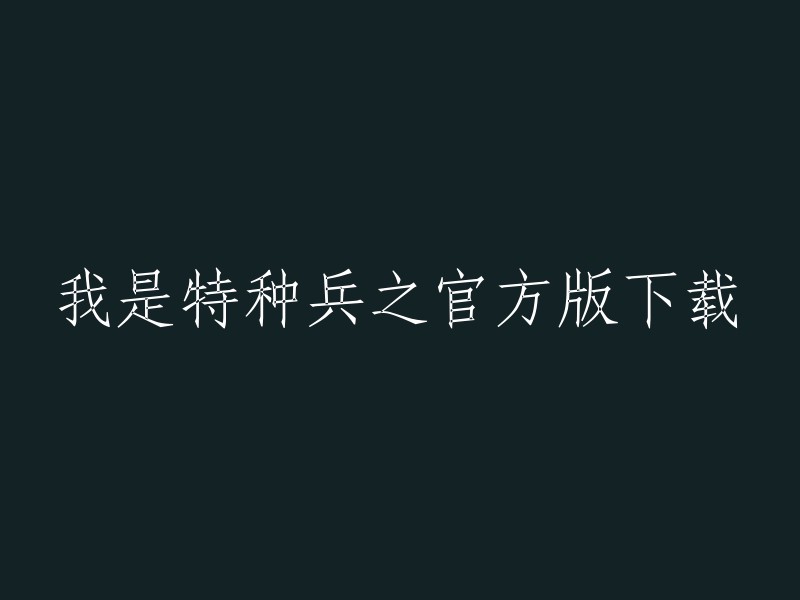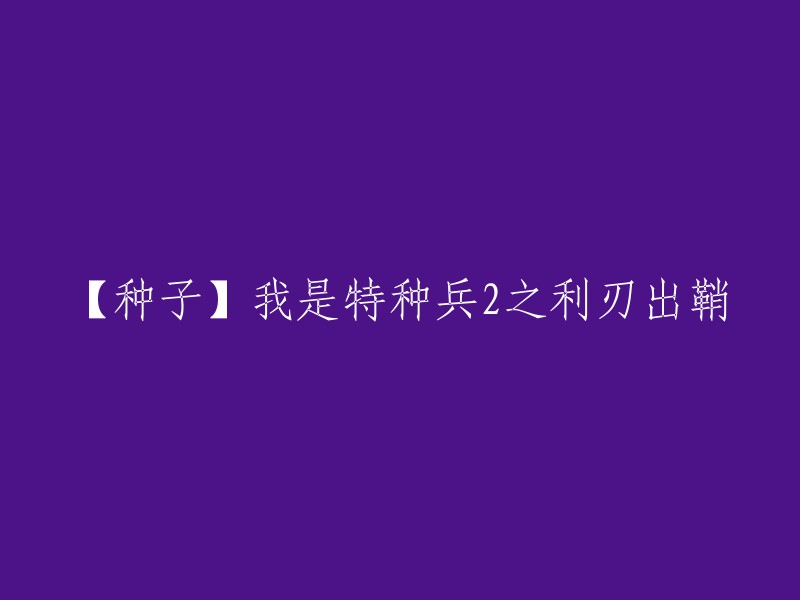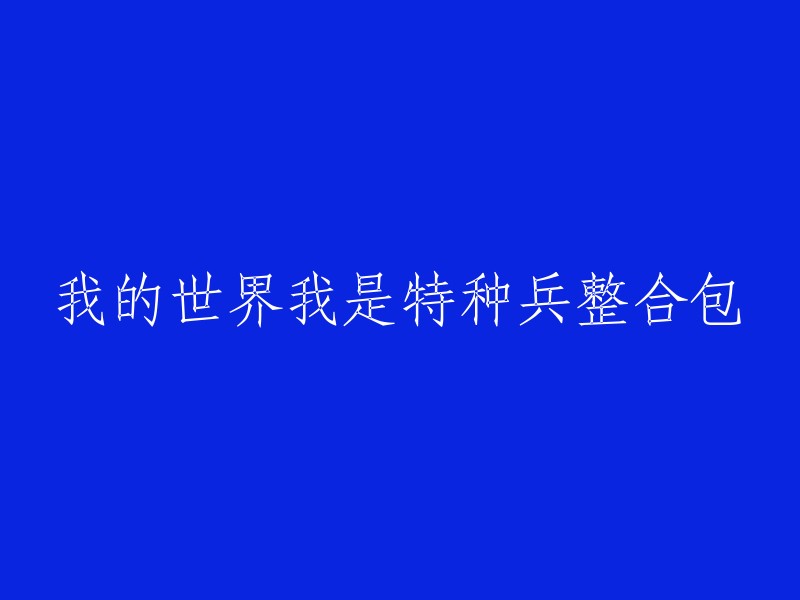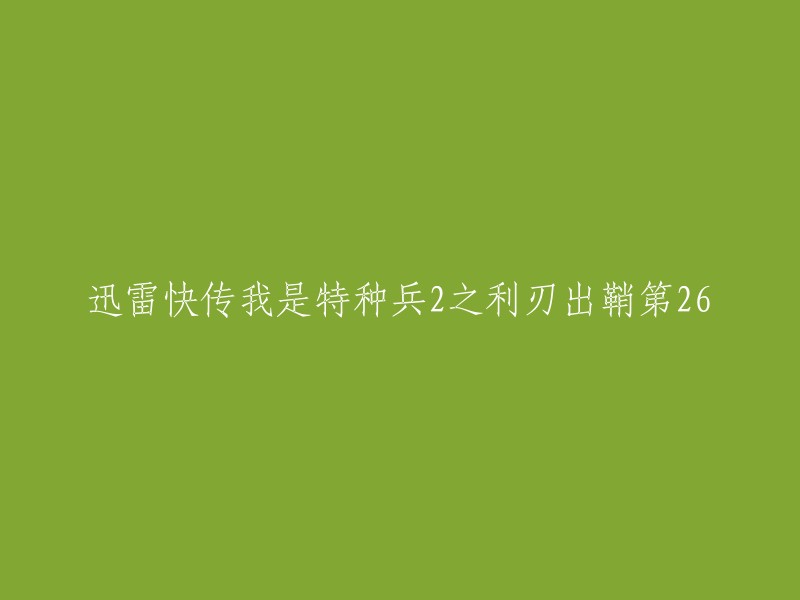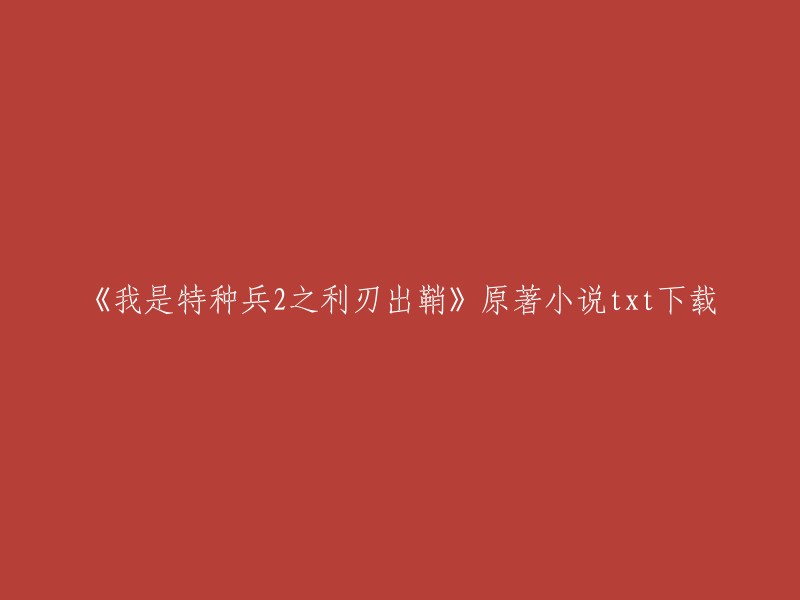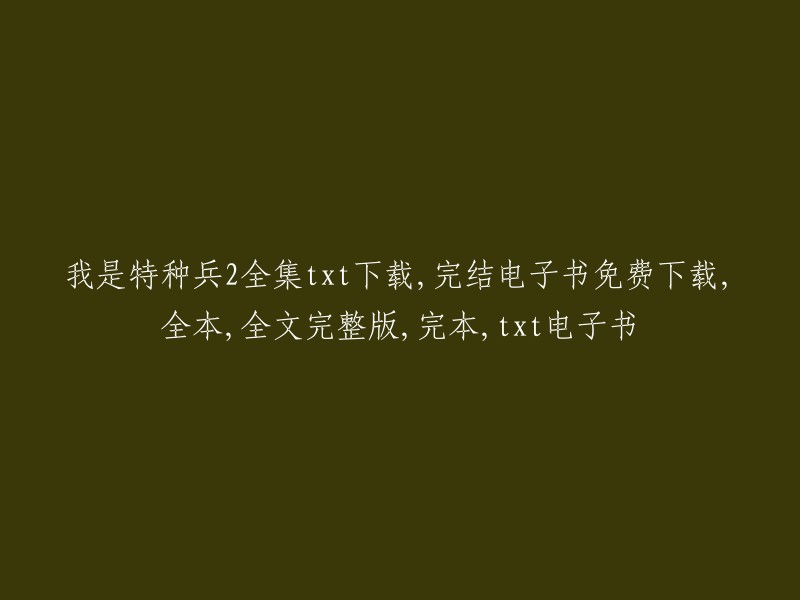The word "when" appears in many different forms, each with a specific usage. Here are six common uses of the word "when," along with examples of how to use it:
1. When to Use "When" as an Adverb of Time
The most common use of "when" is as an adverb of time, indicating when something will happen or when it happened in the past. For example:
* "When will you arrive?" (asking about the time of arrival)
* "I'll call you when I get there." (indicating that the person will call someone back at a later time)
* "Whenever the wind blows, all the doors rattle." (used to describe a situation in which something happens regularly)
* "When I was young, I was sick all the time." (used to describe a period in the past when the speaker was frequently sick)
2. When to Use "When" as a Conjunction
Another common use of "when" is as a conjunction introducing a clause that provides additional information about a previous statement. For example:
* "In the spring, when the snow melts, the flowers begin to bloom." (the second part of this sentence explains what happens in the spring)
* "She stopped short when she ought to have continued, but didn't know why." (this sentence introduces an explanation for the action of stopping)
3. When to Use "When" as an Interrogative Pronoun
In informal style, "when" can sometimes be used as an interrogative pronoun, asking for information about when something will happen or how long it took to happen. For example:
* "Have they decided the where and when?" (inquiring about the timing of an event)
* "Since when has this been going on?" (asking about when a problem started)
* "How can he get good grades when he won't study?" (asking about how long it should take for him to study)
4. When to Use "When" As a Comparative Adverb of Time
In formal writing, "when" may also be used as a comparative adverb of time, indicating that one event occurred earlier than another event in time. For example:
* "We arrived late when the concert had already started." (using "when" to indicate that arriving after the concert had started is less desirable than arriving early)
* "He finished his work quickly when compared to his colleagues." (using "when compared to" to indicate that he worked faster than others)
It's worth noting that while these are some common uses of "when," the word is versatile and can be used in many different contexts depending on the writer's intention.
This is a common mistake in writing and speaking, but it can be easily avoided by following two simple rules: 1. Use "when" only to indicate a point in time, as in "I will call you when I arrive." 2. Do not use "when" to introduce a subordinate clause that provides additional information about the main clause. For example, never say "When I finish my work, I will go home." Instead, use "after I finish my work" or "as soon as I finish my work." Here are some more examples:
- When should we arrive? (indirect question)
- Can you tell me when the meeting starts? (main clause)
- She said she would call me back when she had more information. (subordinate clause)
- He was surprised to find that his keys were still where he left them when he got home. (point in time)
- The best way to learn a language is when you are immersed in it. (definition)
- We agreed to meet at the coffee shop when we both finished our lunch. (subordinate clause)
It appears that the given content is a list of English words, but it is not clear what the context is. However, I will attempt to provide some possible refactorings based on my understanding of the words and their meanings:Refactoring 1:
Consider the fact that he drives when he might walk. This sentence seems to be discussing a person who usually drives instead of walking. It is unclear whether this behavior is positive or negative, so I will leave it as is. Refactoring 2:
How did you pass the exam when you didn't work for it? This sentence seems to be asking about someone's ability to succeed without putting in effort. It is important to consider how much work one should put into achieving a goal before considering whether they succeeded or not. In this case, it seems that the person did not put in enough effort to pass the exam, so it may not be appropriate to praise them for their success. Refactoring 3:
At which time; over which period: an age when men were men. This sentence appears to be discussing a specific period in history when men had certain characteristics or qualities. It is important to note that this period is no longer applicable to modern society, and it may be inappropriate to use such language in contemporary discussions. Refactoring 4:
When is the best time? How long ago? How soon? When are they to arrive? When did the Roman Empire exist? These questions seem to be discussing specific times and events. It is important to note that these questions are open-ended and may have different answers depending on the context. Refactoring 5:
At what time or period? How long ago? How soon? When are they to arrive? When did the Roman Empire exist? These questions seem to be discussing specific times and events. It is important to note that these questions are open-ended and may have different answers depending on the context.
In English, there are many expressions that use the word "when" in different ways. Here are some common uses of "when":
1. Used in questions to ask about the time that something happened or will happen. For example:
- When did you arrive?
- When is your birthday?
- When is the next meeting?
2. Used in time clauses to say that something happened, happens, or will happen at a particular time. For example:
- I usually go to bed when it's late.
- He always eats breakfast when he gets up early.
- We will leave when the movie ends.
3. Used as an adverb to mean "at any time; whenever". For example:
- The dogs always bark when anyone approaches the house.
- We could go for a walk when we feel like it.
- You can call me anytime you need help.
4. Used as an adverb to mean "upon or after which; and then". For example:
- We had just fallen asleep when the bell rang.
- She finished her work, and then she went on vacation.
- After I finish this report, I'll take a break.
5. Used as an adjective meaning "contrary, whereas". For example:
- Why are you here when you should be in school?
- The cake tastes great, but it's not sweet enough, whereas my mother makes the best cakes in town.
- Some people like coffee, whereas others prefer tea.
6. Used as an interrogative pronoun meaning "what time"? For example:
- Till when is the store open?
- What time does the train leave?
- What time do you want to meet?
7. Used as a conjunction meaning "which time"? For example:
- They left on Monday, since when have we heard nothing? ("since" is another preposition)
- Which time of day do you prefer to exercise? ("of day" is another phrase modifying "time")
- I don't remember which time he called me last night. ("which" introduces a subordinate clause)
8. Used as a noun meaning "the when and the where of an act" or "a specific moment or occasion". For example: "The wedding was a memorable moment when they said their vows." (Here, "when" refers to the specific occasion of the wedding).
always enjoy spending my free time fishing. However, if you are talking about the future and discussing events that may occur at a later time, it is important to use the present simple in the time clause rather than a future form. For instance, instead of saying "I will stop when I feel tired", it is more accurate to say "Stop when you feel tired". This ensures that the message being conveyed is clear and unambiguous.
When arriving at your destination, such as a hotel, it is common courtesy to visit the reception desk and provide your name. This not only helps the staff identify you, but also demonstrates good manners and politeness.
In terms of language usage, certain words such as 'when', 'as', and 'while' can be used to describe what was happening at a particular point in time when an event occurred. For example, "I was just going out when there was a knock at the door" or "We were at our desks working when we heard the explosion". Alternatively, you could use 'as' or 'while' to convey what was happening in the main clause while describing the event in the clause beginning with 'as' or 'while'. Examples include "As I was out walking one day, I saw a very unusual bird" and "While I was standing at the bus stop, Raoul came by". These phrases add depth and complexity to your writing and help to convey more detailed information.
When used with 'while', it is a conjunction that indicates two events are happening simultaneously. For example:
While he was talking to you, what were you thinking about?
I don't like music playing while I am working.
When used with 'why', it is a question word used to indicate surprise or disagreement. The when clause shows the reason for your surprise or disagreement. For example:
Why should I help him when he refused to help me?
Why worry her when there's nothing she can do about it?

